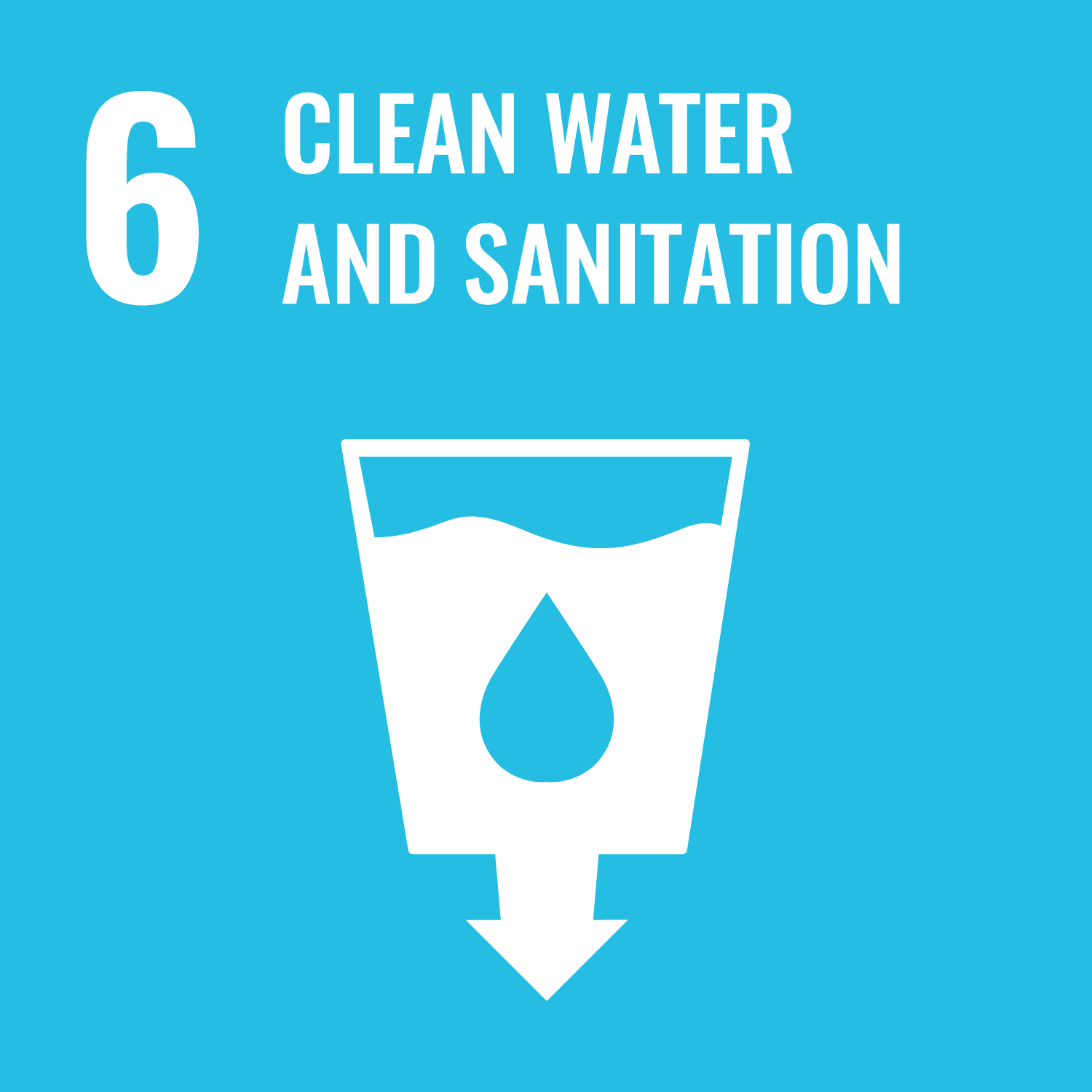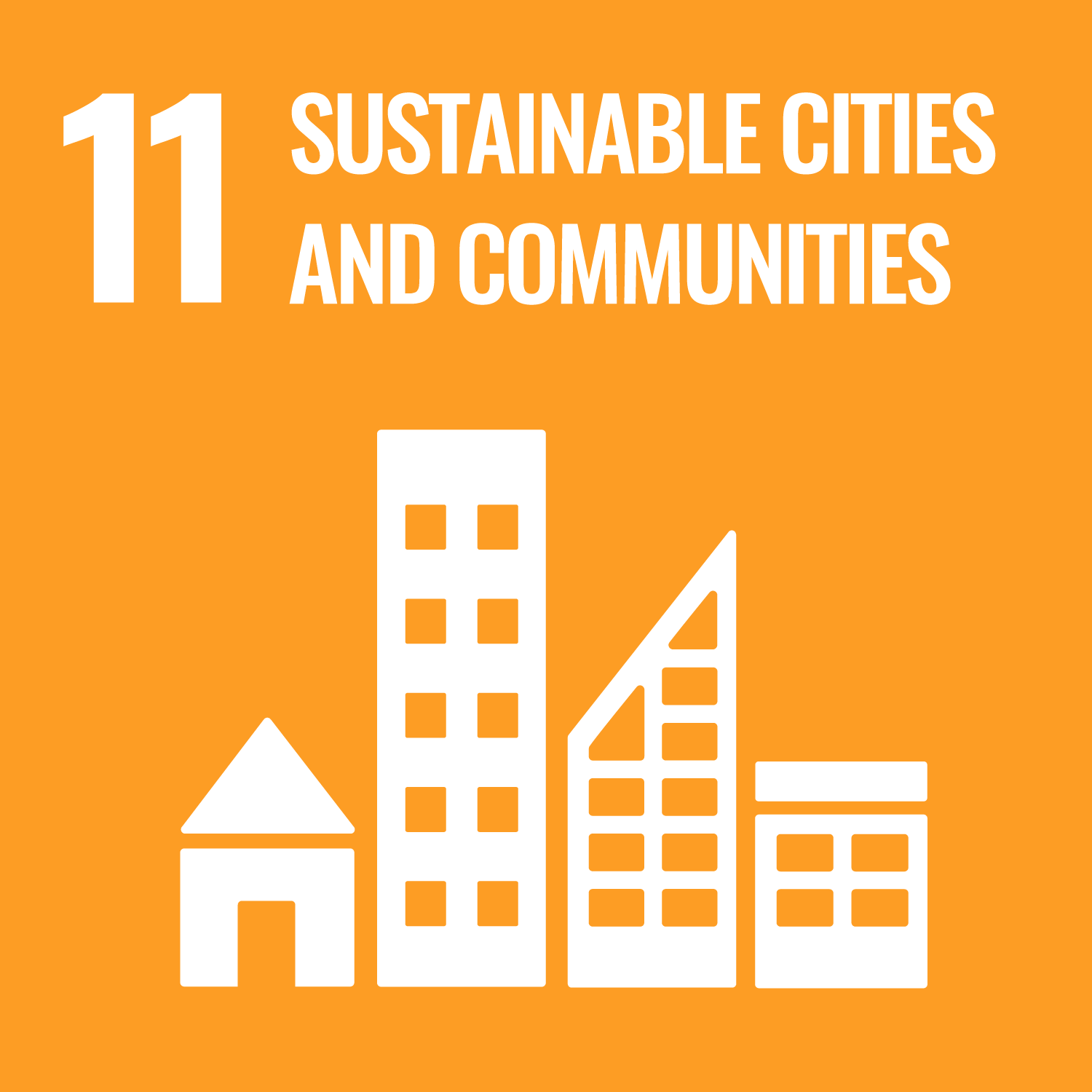ORCID
- Jason M. Hall-Spencer: 0000-0002-6915-2518
Abstract
Marine heatwaves (MHWs) are a major concern worldwide due to their increasing impacts in recent years, and these extreme events may trigger deoxygenation of coastal waters affected by sewage and eutrophication. Here we investigate the combined effects of MHWs and nutrient enrichment on the water quality and biodiversity of the Bay of Santa Catarina Island (Brazil). We used historical (1994–2020) sea surface temperature data from satellites and in situ physical, chemical and biological parameters to assess temporal trends. Oxygen levels have been decreasing whilst phosphorus levels have been increasing in the bay. During the austral summer of 2020 a regional sea surface heatwave was detected by satellite, lasting for 9 days and coinciding with our research cruise. During this period, seawater temperatures reached 29.8°C and anoxia was detected for the first time in the bay. A decrease in macrobenthic and phytoplankton community richness correlated with decreases in oxygen both through time and towards more urbanized areas. Overall, poor wastewater treatment is a key stressor that combined with MHWs to degrade coastal waters. Mitigation strategies are needed to minimize the impact of MHWs, including improved sewage treatment, restoration and conservation of wetlands and the use of nature-based technologies to promote coastal ecosystem recovery.
DOI Link
Publication Date
2020-12-15
Publication Title
Frontiers in Marine Science
Volume
7
Acceptance Date
2020-11-09
Deposit Date
2021-08-26
Embargo Period
2021-08-28
Recommended Citation
Brauko, K., Cabral, A., Costa, N., Hayden, J., Dias, C., Leite, E., Westphal, R., Mueller, C., Hall-Spencer, J., Rodrigues, R., Rörig, L., Pagliosa, P., Fonseca, A., Alarcon, O., & Horta, P. (2020) 'Marine Heatwaves, Sewage and Eutrophication Combine to Trigger Deoxygenation and Biodiversity Loss: A SW Atlantic Case Study', Frontiers in Marine Science, 7. Available at: 10.3389/fmars.2020.590258




